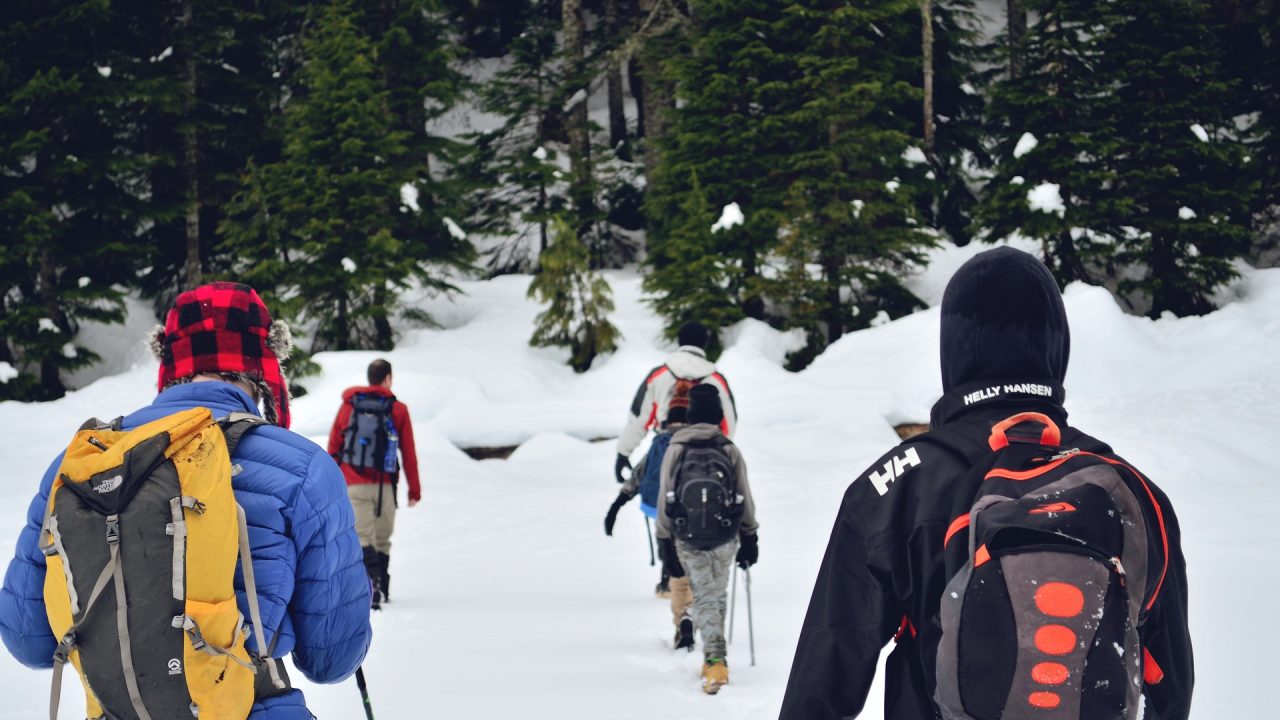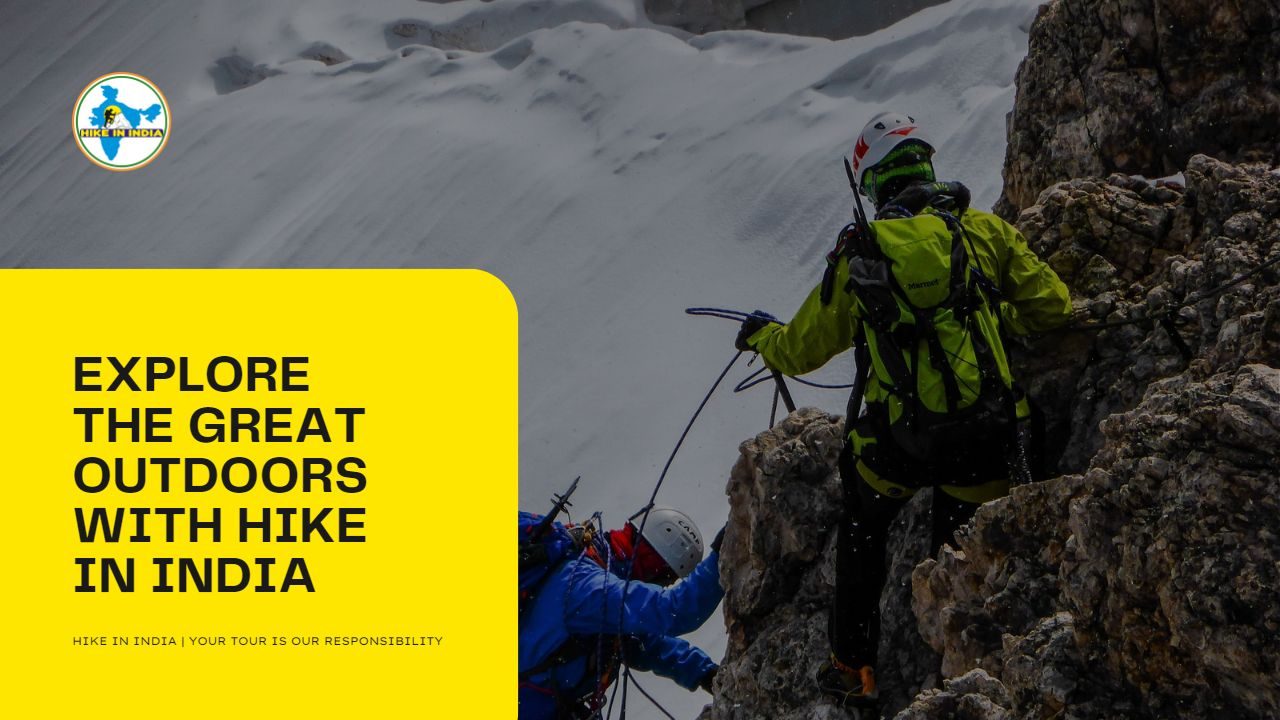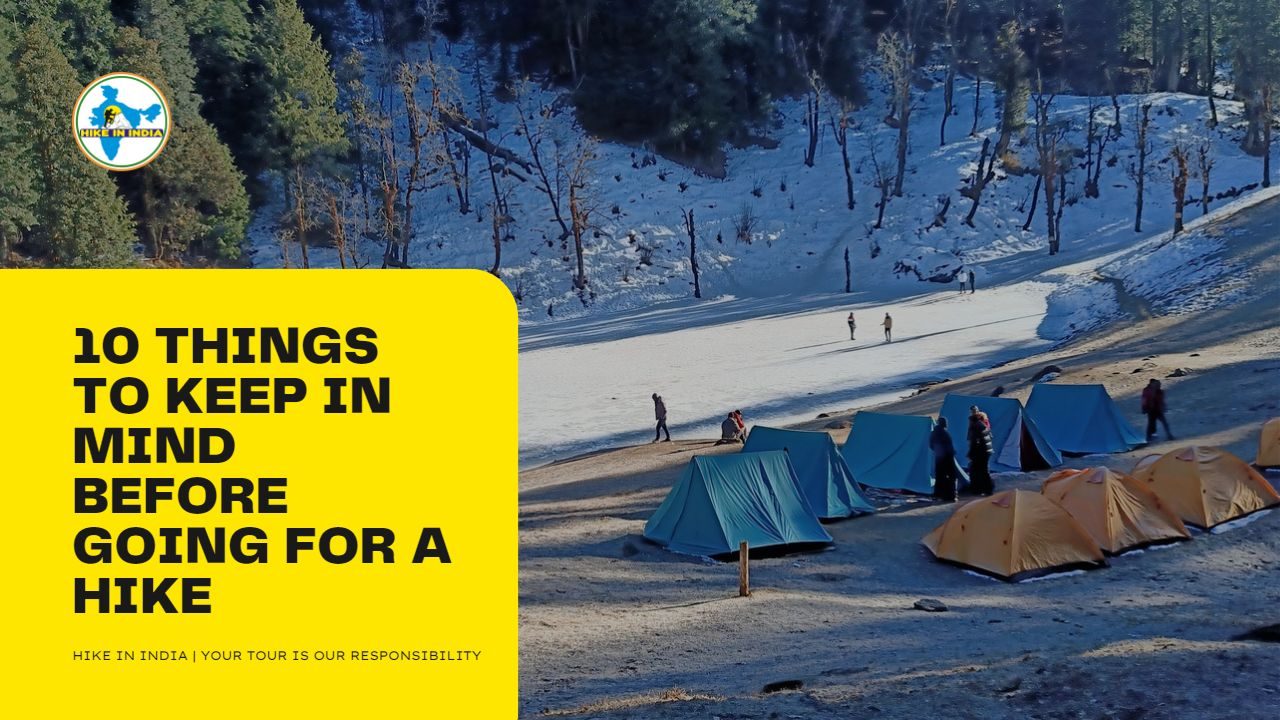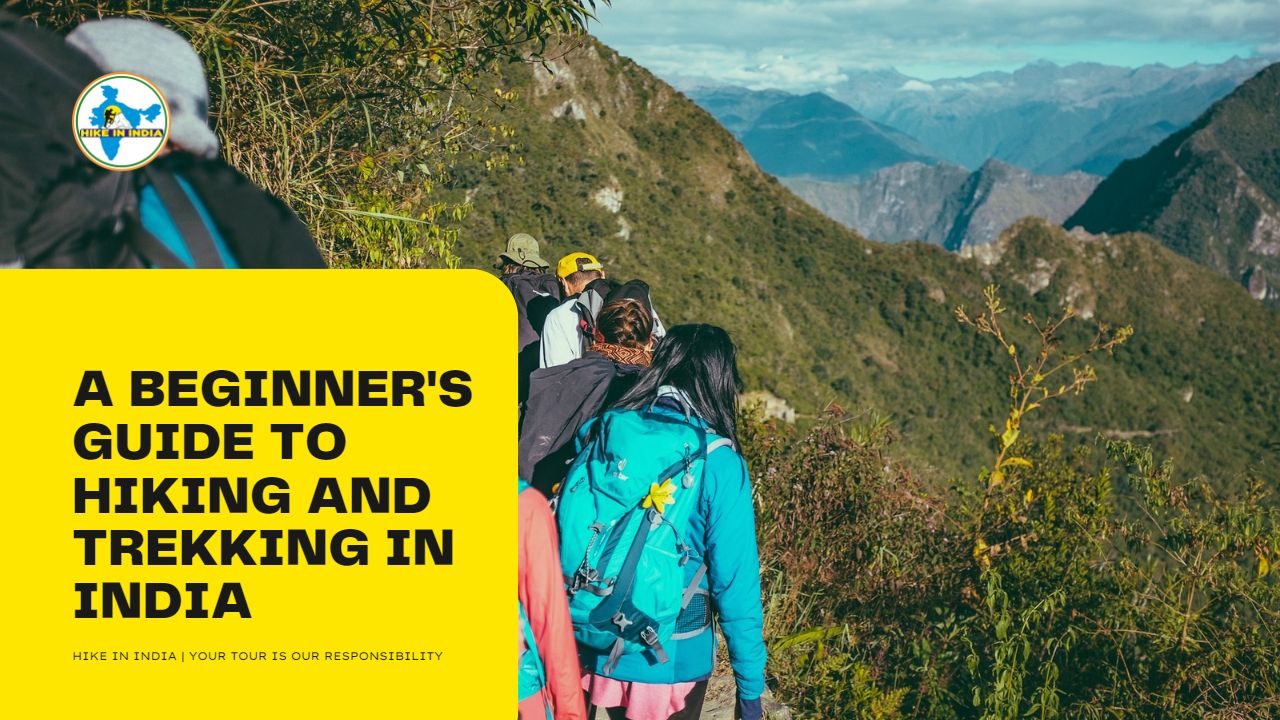Trekking Safety Tips from the Experts

THE 7 TREKKING SAFETY TIPS FROM HIKE IN INDIA
Trekking is an amazing way to explore the great outdoors and challenge yourself physically and mentally. However, it’s important to always prioritize safety while trekking. Whether you’re a seasoned trekker or a beginner, the experts at Hike in India have put together some essential safety tips to help ensure that your trekking experience is both enjoyable and safe.
- Plan ahead: Before you embark on your trek, it’s important to plan ahead. Research the route you plan to take, including the weather conditions, trail conditions, and the necessary gear. Make sure to also inform someone close to you of your trekking plans, including the route you plan to take and the estimated time of arrival.
- Stay hydrated: Staying hydrated is crucial while trekking. Make sure to bring plenty of water and drink it regularly, even if you don’t feel thirsty. Dehydration can cause a variety of symptoms, including headaches, dizziness, and fatigue.
- Wear the right gear: Wearing the right gear is essential for a safe and comfortable trekking experience. Make sure to wear proper hiking boots, comfortable clothing, and a hat to protect your head from the sun. In addition, always carry a backpack with essential items, including a first aid kit, water, food, and a map.
- Be mindful of your surroundings: While trekking, it’s important to be mindful of your surroundings. Stay on the designated trail and avoid taking shortcuts, as this can be dangerous. Keep an eye out for wildlife and stay alert for any potential hazards, such as loose rocks or slippery surfaces.
- Stay on the trail: Staying on the trail is essential for your safety. Going off-trail can be dangerous and can also cause damage to the environment. In addition, staying on the trail makes it easier for rescue teams to find you in case of an emergency.
- Respect the environment: Trekking is a great way to explore and appreciate the natural beauty of the environment. However, it’s important to respect the environment and follow Leave No Trace principles, including packing out all of your trash and leaving nature as you found it.
- Know your limits: Trekking can be physically demanding, so it’s important to know your limits. If you’re feeling tired or unwell, take a break and rest. If you’re feeling overwhelmed or in danger, turn back and seek help.
In conclusion, trekking can be a rewarding and fulfilling experience, but it’s important to prioritize safety. By following these tips from the experts at Hike in India, you can ensure that your trekking experience is both enjoyable and safe. Contact us today to plan your next trekking adventure in India.



